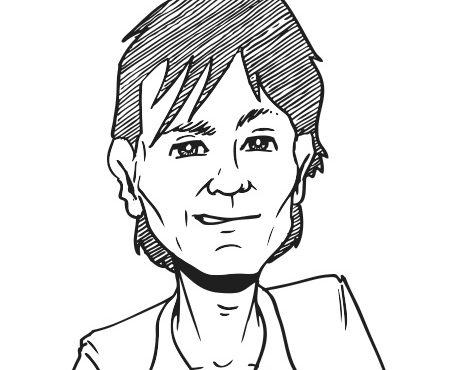
The short time available to people to enrol to vote after the Prime Minister called a Federal election was a disaster for those experiencing homelessness, write Kevin Simpson and Mary Sullivan*.
People who are homeless do not have easy access to newspapers, radio, the Internet and all those other things that you take for granted when you live in a house. Most people who are homeless would not have been aware that a Federal election had been called nor would they be aware that the cut-off date for enrolment was just two days later.
But this does not mean people who are homeless do not wish to vote. Nor does it mean they are without opinions and ideas about what needs to be changed to address issues such as homelessness.
There are a number of homeless people who feel their opinion does not matter and if they do vote, nothing will change.
However, through our work with the Consumer Advisory Council and the Premier’s Advisory Council on Homelessness, we recently spoke to 96 people who are homeless and asked them about their ideas for better government policy.
The response was fantastic and showed that homeless people do want to contribute to political processes.
In the White Paper on Homelessness, A New Way Home, the Federal Government recognised the importance of having people who are homeless involved in decision-making processes that have an impact on them. It does seem more than slightly hypocritical, then, for the same government to have done nothing assist people to come out and vote. We suggest a couple of things that we believe could have been done to enable people who are homeless to participate.
1. Information
We were unaware until writing this article that it was no longer a requirement to have an address to vote. Realistically, people who are living rough are not going to be aware of a cut-off date for enrolment with only two days notice.
Information needs to be delivered to the homeless community rather than expecting them to seek it out.
Government and the Australian Electoral Commission should co-operate with the services that work with people who are homeless to make sure they encourage homeless clients to vote. Homeless services are not pressing the issue with clients at the moment, so many are unaware that it is election time.
2. Special circumstances
There should be a set of special circumstances to allow people who are homeless to enrol late (if needs be). While consideration is given to groups with disabilities and other minority groups, nothing is done to facilitate the participation of homeless people in what is considered a human right.
3. Mobile voting vans
Many people who are homeless may not be able to enter designated polling booths because they have problems with mobility, health, transportation or they feel unwelcome.
We suggest taking polling booths to the people. A mobile polling station could target areas known to have a large population of homeless people and homeless services.
Conclusion
There is a lack of information about the electoral system and our rights. Not all of us believe that every vote counts and that our voices will be heard. The current rules create yet another barrier to homeless participation in the election.
* Kevin Simpson is a member of Street Care in Sydney and the NSW Premier’s Advisory Council on Homelessness. Mary is a consumer currently working on the establishment of Street Care Hunter. Kevin and Mary were assisted in writing this article by Chris Hartley, from HPLS.